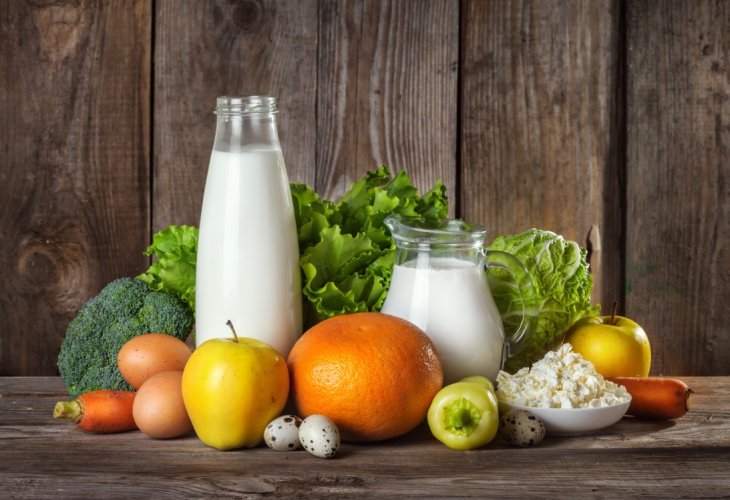Expired: 6 Foods You Must Not Consume Past Their Expiry Date
Certain foods are more prone to harmful bacteria. It's crucial to adhere to their expiration dates. Which foods are they? Plus, a vital tip for checking an egg's freshness.
 (Photo: shutterstock)
(Photo: shutterstock)Certain foods are more prone to harmful bacteria. Therefore, it's crucial to adhere to the expiration dates on their packaging:
1.Ground Meat – According to the U.S. Food and Drug Administration, ground meat (beef, turkey, etc.) should be eaten or frozen at least two days after purchase. Although ground meat undergoes thorough processing and cleaning, it remains susceptible to bacterial contamination such as E. coli. The longer you delay using the meat, the higher the chances of food poisoning.
Handle ground meat with care, cook it properly, and do not consume it past its expiration date.
Additionally, it’s advisable to consume deli meats within 3-5 days of opening the package, regardless of whether bought from a deli or in a sealed package.
2. Infant Formula – It's vital to adhere to the expiration date since your baby can’t communicate if the formula tastes spoiled. You are responsible for following the manufacturer’s instructions, including storage recommendations, typically in a cool, shaded location with a consistent temperature.
3. Eggs - You probably already know this, but it’s worth repeating: never consume eggs past their expiration date marked on them. Eggs can be refrigerated for 3-5 weeks, according to the expiration date indicated.
If you want to test an egg's freshness, place it in a glass of cold water – if it sinks and rests horizontally on the bottom, it's fresh and good to eat. However, if it floats vertically, it’s a sign it's no longer fresh. If the egg's wide end protrudes from the water, do not use it under any circumstances as it's unfit for consumption.
4. Freshly Squeezed Juices – Freshly squeezed juices should be consumed soon after purchase. Unlike processed juices that undergo pasteurization to kill contaminants and extend their shelf life, fresh juices aren’t pasteurized, making them prone to bacterial growth.
They should be consumed within 2-5 days of purchase, according to the instructions on the bottle.
5. Sauces and Spreads Stored in Jars – The lid does not protect against bacteria. Once opened, you have limited time to use a sauce or spread until the expiration date indicated on the jar. If you see water floating on top, or if the sauce changes color or smell, consumption is not recommended.
6. Leafy Vegetables - Leafy vegetables like lettuce, broccoli, spinach, and others are susceptible to E. coli a few days after purchase, whether sold in sealed bags or as salad mixes. When they start rotting, they change color and a thin layer of mold develops. Always wash them thoroughly before eating, and never use them past their expiration date.

